
Ph.D., Director of HABits Lab
Northwestern University
Our lab is at the intersection of computer science and preventive medicine. Through analysis of continuous streams of data provided by smartphones and wearable sensors, we use signal processing intelligence and machine learning to understand a person’s moment-to-moment behavior, psychological states, and environmental context in which the behavior occurs. We design, build, and analyze end-to-end mobile health (mHealth) systems, while focusing on processing its data to help answer health-related questions.
It is the humanity within us and the desire to improve quality of life and healthcare costs that guide our solutions to the persisting health problems of our time through computer science and behavior science based research in passive sensing data analytics. Our goal is to advance our ability to understand, detect, predict, and ultimately prevent problematic health habits. We are the Health Aware Bits (HABits) Lab!
• Human Computer Interaction
• Focus Groups/Interviews and Surveys
• mHealth Sensor Systems
• Passive Sensing
• Segmentation
• Feature Extraction
• Low Level Machine Learning
• High Level Machine Learning
• Statistical Analysis
• Behavior Models
• Behaviorist
• Interventionist
• Medical Expert

 Recent News
Recent News 
Boyang's work, 'Resource-Constrained Eating Detection: Enabling Just-in-Time Interventions via Wrist-Worn Sensors' was awarded Live Research Spotlight at SBM 2025.
Farzad, Boyang, Jiayi, Chris, and Soroush will present works at the 2025 Meeting of the Society of Behavioral Medicine (SBM).
BSN24 organized by Conference Co-Chair Nabil & OC Co-Chairs Chris, Bonnie, Glenn, and Mahdi.
A machine-learned model for predicting weight loss success using weight change features early in treatment
Glenn will spend time in California as part of his internship with Dolby
Glenn's work, 'HabitSense: A Privacy-Aware, AI-Enhanced Multimodal Wearable Platform for mHealth Applications' now appears in ACM IMWUT.
Awarded Paper: Deep learning in human activity recognition with wearable sensors: A review on advances
Both awards were given to Farzad's work, 'Defining Overeating Phenotypes in Naturalistic Settings: Leveraging Mobile Health and Machine Learning'.






Undergraduates, graduates, and Postdocs trained in mHealth.
In NIH, NSF, and Foundation funding.
People enrolled and participated in our studies to advance wearable technology and understand human behavior.


$331,781 / PI: Nabil Alshurafa / 2024 - 2027

$3,868,150 / PI: Nabil Alshurafa / 2021 - 2026

$233,587 / PI: Nabil Alshurafa / 2020 - 2022

$606,713 / PI: Nabil Alshurafa / 2020 - 2023

$299,471 / PI: Nabil Alshurafa / 2019 - 2022


Developing and comparing a new BMI inclusive energy expenditure algorithm on wrist-worn wearables
The Role of Eating Time in the Associations Between Hunger, Appetite, Thirst, and Energy Intake"
A machine-learned model for predicting weight loss success using weight change features early in treatment
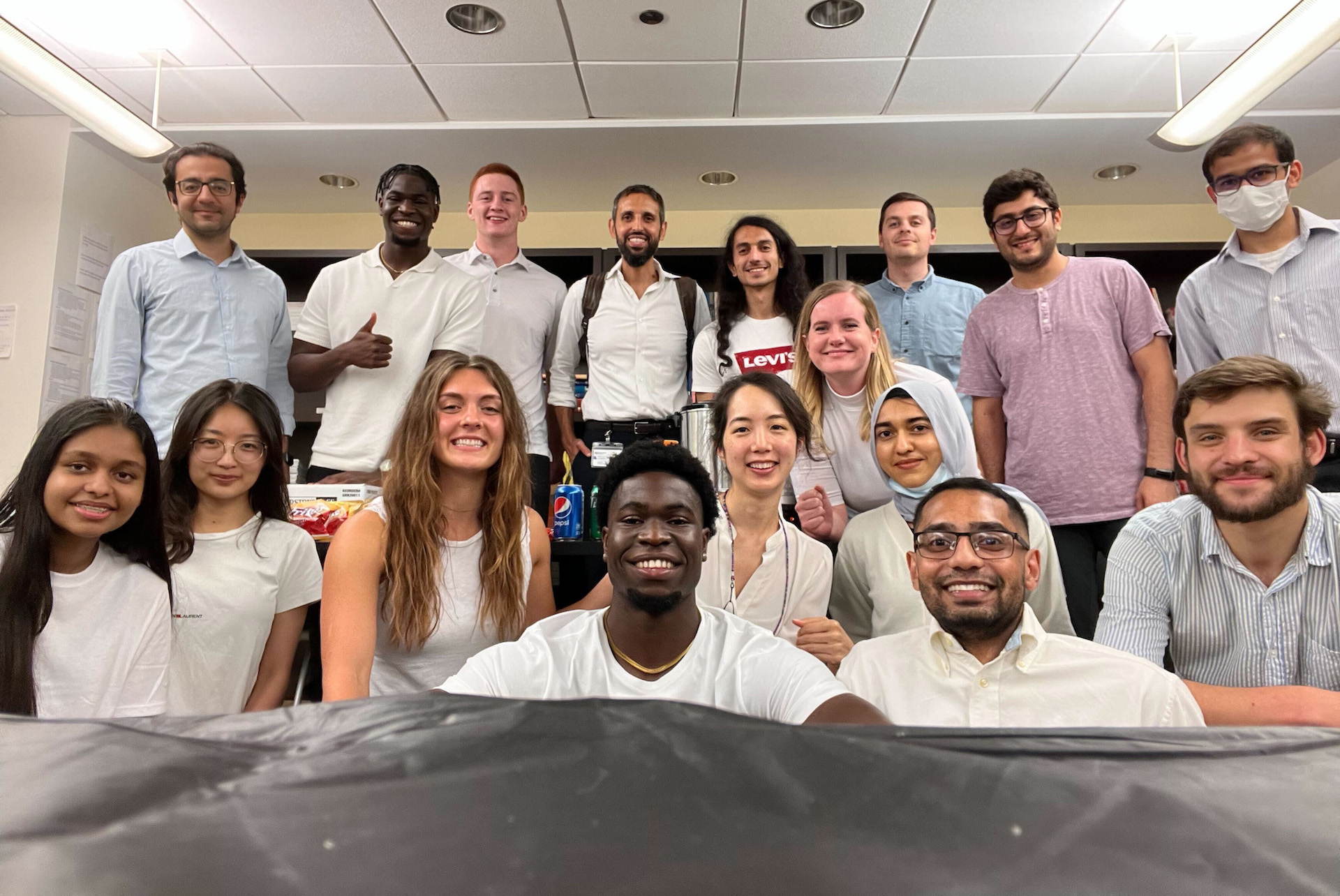

We’re are a friendly, forward thinking collective, an approachable team with a can-do attitude. Our curiosity and breadth of experience means we can turn our minds to new challenges, combining the need for functionality with a desire for aesthetic value.
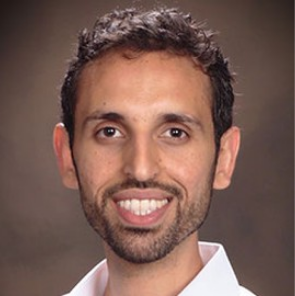
Ph.D., Director of HABits Lab

Ph.D Student

Ph.D Student

Ph.D Student

Ph.D Student

Ph.D Student

Ph.D., Adjunct Assistant Professor

Research Study Coordinator

Research Study Assistant

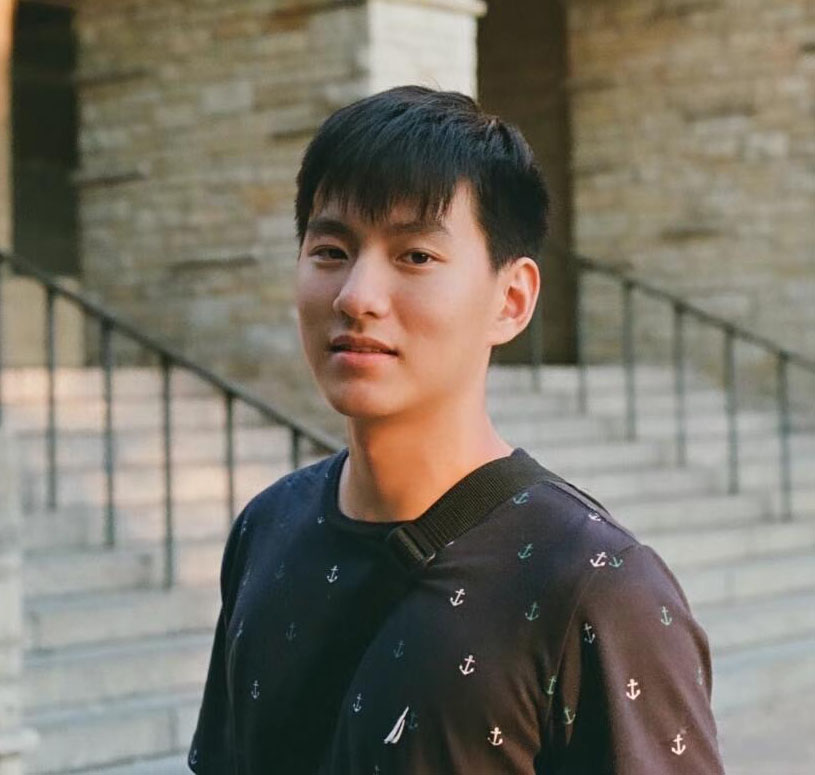
Undergrad

Undergrad
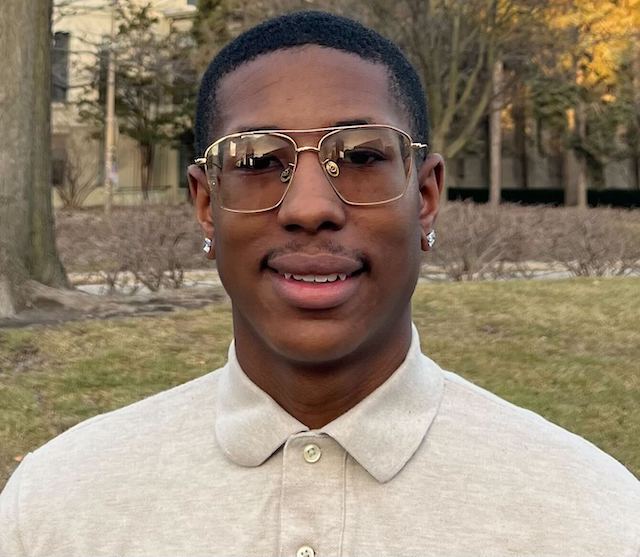
Undergrad
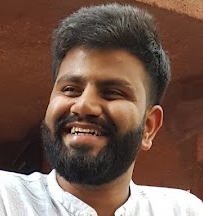
Masters
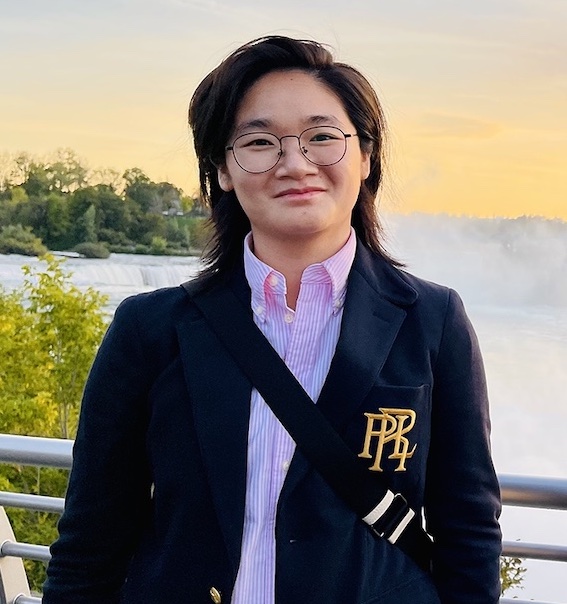
Masters
Director, Institute for Public Health and Medicine (IPHAM) - Center for Behavior and Health. Professor in Preventive Medicine-Behavioral Medicine, Psychiatry and Behavioral Sciences
Professor of Electrical and Computer Engineering, Northwestern University, Joseph Cummings Professor, McCormick School of Engineering
Senior Methodologist and Associate Professor of Public Health, University of Tennessee
Research Professor of Dermatology
Associate Professor of Interactive Computing and Computer Science, College of Computing, Georgia Institute of Technology, Director of Ka MoaMoa Lab
Professor of Medical Social Sciences, Northwestern University, Social Psychologist
Vice Chair for Scientific & Faculty Development, Department of Medical Social Sciences Director, Institute for Innovations in Developmental Sciences Professor of Medical Social Sciences,

It is the humanity within us and the desire to improve quality of life and healthcare costs that guide our solutions to the persisting health problems of our time through computer science and behavior science based research in passive sensing data analytics; helping us advance our ability to understand, detect, predict, and ultimately prevent problematic health habits. We are the Health Aware Bits (HABits) Lab.


Have a question? let us now and we’ll get back to you ASAP!